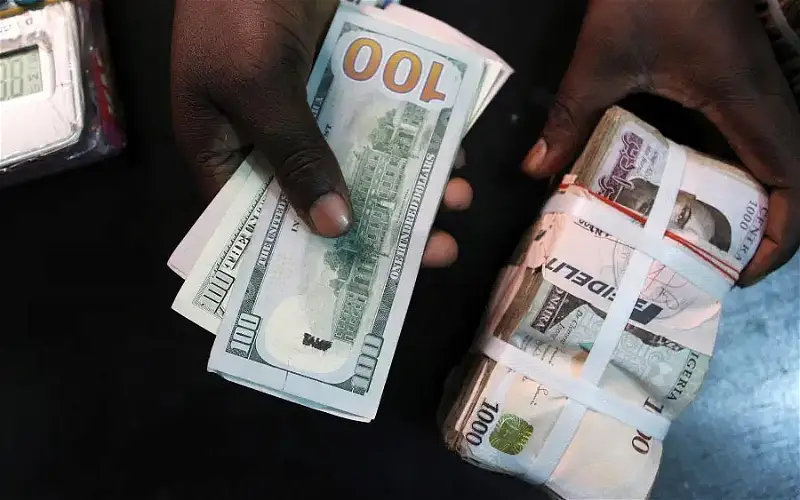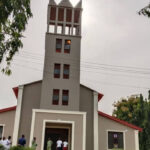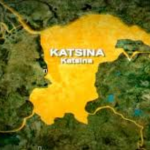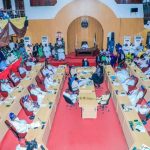The parallel market, commonly known as the black market, has recorded yet another marginal movement in the dollar-to-naira exchange rate. As of today, Monday, 11 August 2025, the United States dollar is being bought at ₦1,555 and sold at ₦1,565. These figures, obtained from Bureau De Change (BDC) operators, highlight the persistent gap between the informal market and the official exchange rate published by the Central Bank of Nigeria (CBN).
The CBN’s official rate for the dollar stands at ₦1,533, reflecting a significant disparity with the parallel market. This difference, driven largely by the dynamics of supply and demand in the informal sector, has continued to put pressure on the naira and remains a source of concern for both businesses and travellers.
The pound sterling in the black market is currently bought at ₦2,100 and sold at ₦2,120, while the euro trades at ₦1,780 for buying and ₦1,800 for selling. In contrast, the official CBN rates for these currencies are ₦2,035.70 for buying and ₦2,037.03 for selling the pound, and ₦1,769.42 for buying and ₦1,770.58 for selling the euro. Other currencies at the official window include the Chinese yuan at ₦213.19 for buying and ₦213.33 for selling, as well as the Saudi riyal at ₦408.34 for buying and ₦408.60 for selling.
In the cryptocurrency market, Bitcoin is trading at about ₦184.7 million per coin, with one naira exchanging for roughly 0.0000200078 BTC. Ethereum is priced at approximately ₦6.6 million per coin, with one naira converting to about 0.00000034 ETH.
For those looking to exchange specific dollar amounts in today’s black market, fifty dollars will fetch around ₦77,750 at the buying rate, while the same amount will cost ₦78,250 at the selling rate. One hundred dollars will yield ₦155,500 when sold, and cost ₦156,500 to purchase. A transaction involving five hundred dollars will attract ₦777,500 at the buying rate and ₦782,500 at the selling rate, while one thousand dollars will amount to ₦1,555,000 for sellers and ₦1,565,000 for buyers.
The continued volatility in the black market reflects the broader challenges facing Nigeria’s foreign exchange landscape. Persistent shortages of dollars, heavy import dependence, fluctuating oil revenues, and speculative trading have all contributed to the instability.








